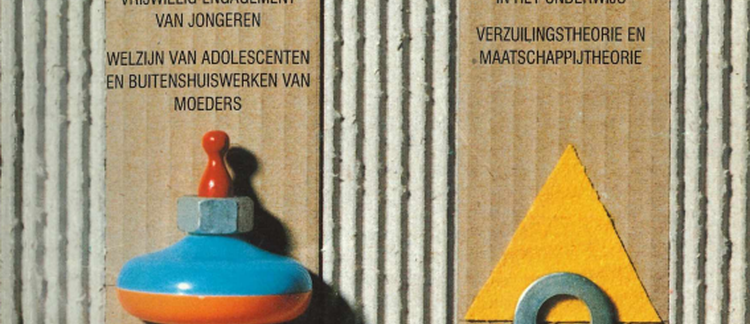Abstract
Since the end of the 1950s, pillarization has become a core concept in research about societal developments In a few small European countries, notably Belgium, the Netherlands, Austria and Switserland. The concept is used to refer to an internal differentiation of their resp. populations, typically understood as a wholesale division of these countries into blocs of different religious and political persuasions, effectively isolated from each other by innumerable institutions and organizations exclusively serving members of their own community (viz. catholics, protestants, liberals, socialists). While focusing on catholic pillar formation, this article indicates that the pillars did not have to struggle primarily against the other pillars, but against the pattern of functional differentiation which characterizes modern society. Pillarization was and is a secondary principle of social differentiation, whose possibilities were determined by the logic of the different functional subsystems. The ideological movements were able to parasitize on professional relations of educational, psychological, relational or medical care; their success was limited to the functional subsystems whose operations are dependent on face-to-face contact between professional and client, on the personal commitment of the role-inhabitants. This also explains why "religious virtuoso's" (Weber), and especially the numerous active congregations of brothers and sisters, were able to fulfil such a prominent role in the catholic pillar.
How to Cite:
Vanderstraeten, R., (1998) “Omnia instaurare in Christo?: verzuilingstheorie en maatschappijtheorie”, Tijdschrift voor Sociologie 19(2), 199–219. doi: https://doi.org/10.21825/sociologos.86445
Downloads:
Download PDF
View PDF


